Ethical Considerations in Selective Breeding: Ensuring the Welfare of Horses
The Definition of Selective Breeding
Selective breeding, also known as artificial selection, is a systematic process where specific plants or animals are chosen to reproduce based on desired traits, to enhance or perpetuate those characteristics. In the context of horses, selective breeding involves carefully pairing individuals to promote desirable attributes such as conformation, temperament, athleticism, and color patterns. This intentional mating is aimed at producing offspring with specific qualities, ultimately influencing the overall population’s genetic composition.
Significance of Selective Breeding in the Horse Industry
The horse industry has a rich history of utilizing selective breeding to enhance various breeds for specific purposes. Different horse breeds have been developed to excel in distinct roles, such as racing, show jumping, dressage, work on farms, or companionship. Selective breeding plays a pivotal role in refining these breeds, ensuring they meet the demands of their intended use. The significance of selective breeding extends beyond performance, encompassing the preservation of unique traits, heritage, and cultural identities associated with specific horse breeds.
Furthermore, selective breeding contributes to the improvement of horses’ overall health, athleticism, and adaptability, aligning them more closely with the preferences and requirements of owners, riders, and various equine industries.
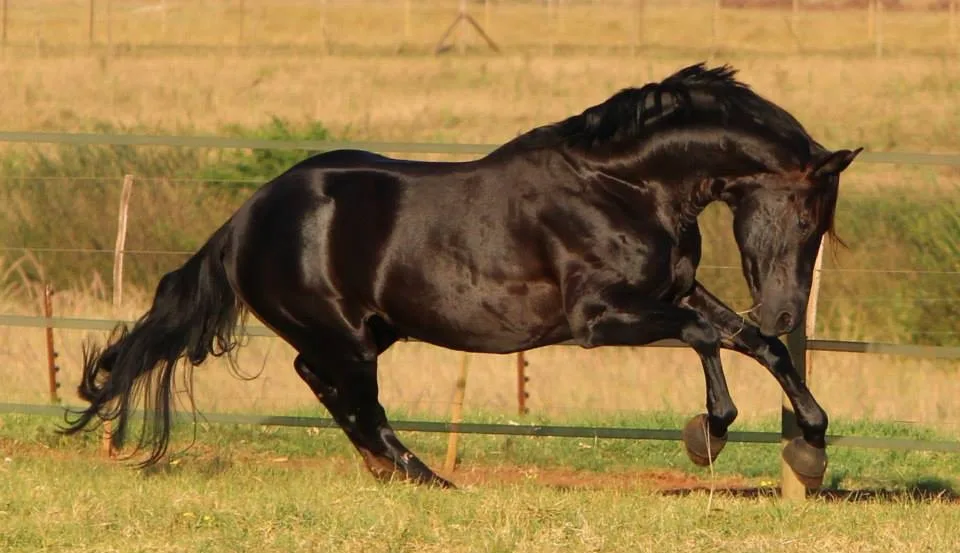
The Need for Ethical Considerations in the Breeding Process
While the benefits of selective breeding are evident, it is crucial to recognize the ethical implications that arise from manipulating the genetic makeup of animals. The need for ethical considerations arises from concerns about the well-being of the horses involved in the breeding process. Ethical breeding practices prioritize the health, longevity, and overall welfare of the animals, ensuring that they lead fulfilling lives free from unnecessary suffering.
Ethical considerations also extend to issues such as genetic diversity, as excessive inbreeding can lead to health problems and decrease the resilience of a population. Additionally, there is a growing awareness of the ethical responsibility of breeders to produce horses that not only meet certain standards but also thrive in their environments, whether they are used for sport, work, or companionship.
Historical Context of Selective Breeding in Horses
Evolution of Selective Breeding Practices
- Early Domestication: The history of selective breeding in horses dates back thousands of years to their domestication. Early human societies recognized the value of horses for transportation, agriculture, and warfare, leading to the intentional pairing of horses with desirable traits.
- Development of Specific Breeds: As societies evolved, there was a growing recognition of the need for specialized horse breeds tailored to specific tasks. This led to the development of distinct breeds with traits optimized for work, speed, or strength.
- Establishment of Stud Books: The 18th and 19th centuries saw the formalization of selective breeding through the establishment of stud books. Stud books recorded pedigrees and lineage, providing a systematic way to track and enhance desirable traits within specific breeds.
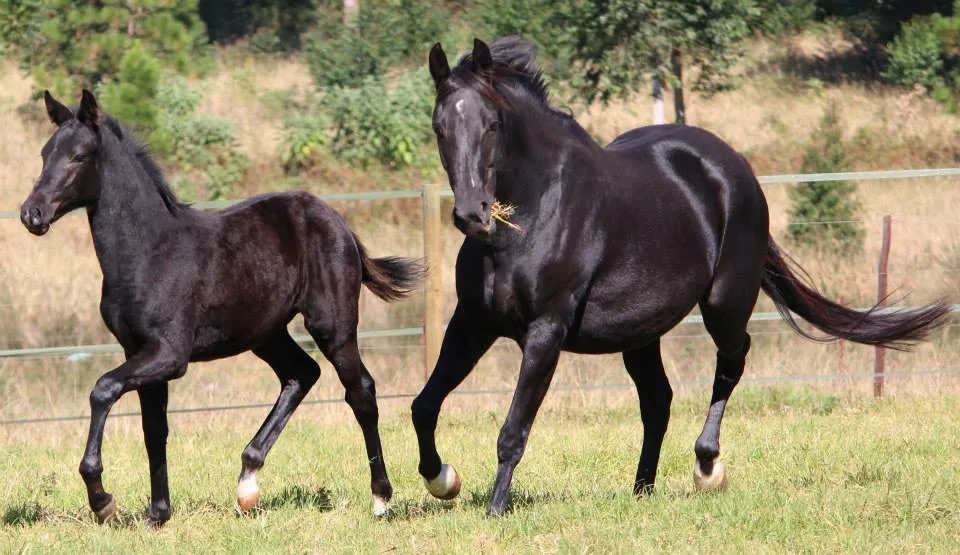
Positive and Negative Outcomes in Horse Breeding History
- Positive Outcomes:
- Performance Improvement: Selective breeding has significantly improved the performance of horses in various disciplines, such as racing, show jumping, and dressage. Horses bred for specific tasks have excelled in their respective fields.
- Disease Resistance: Breeding practices have contributed to enhancing horses’ resistance to certain diseases, promoting overall health and well-being within populations.
- Negative Outcomes:
- Inbreeding Concerns: Overemphasis on certain traits and limited genetic diversity can lead to inbreeding, resulting in an increased risk of genetic disorders and reduced overall vitality within a breed.
- Exaggeration of Traits: In pursuit of breed standards, some breeding practices have led to the exaggeration of certain physical traits, which, while meeting aesthetic preferences, may compromise the horse’s functional capabilities and well-being.
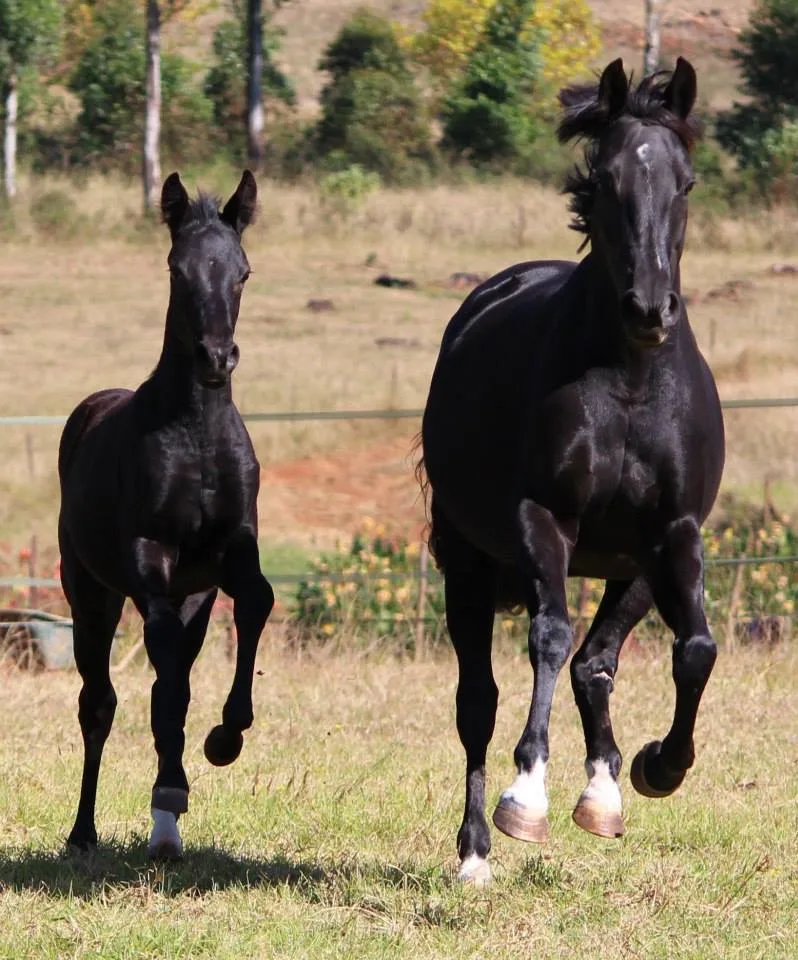
Impact of Selective Breeding on the Well-being of Horses
- Positive Impact:
- Enhanced Adaptability: Selective breeding has allowed horses to adapt to a variety of tasks and environments, making them versatile companions for humans.
- Specialization for Specific Roles: By tailoring breeds for specific roles, horses have been able to excel in various activities, contributing to their overall success and usefulness in different industries.
- Negative Impact:
- Health Concerns: Intensive selective breeding may result in health issues, including hereditary diseases and structural problems, which can compromise the well-being and longevity of individual horses.
- Behavioral Challenges: Unintended consequences of selective breeding, such as temperament issues, may arise, impacting the horse’s behavior and its suitability for certain activities or environments.
In understanding the historical context of selective breeding in horses, it becomes evident that while positive outcomes have been achieved, there are also challenges and ethical considerations that need to be addressed to ensure the continued well-being of horses in the face of ongoing breeding practices. This historical perspective sets the stage for exploring the ethical principles that should guide modern selective breeding efforts.
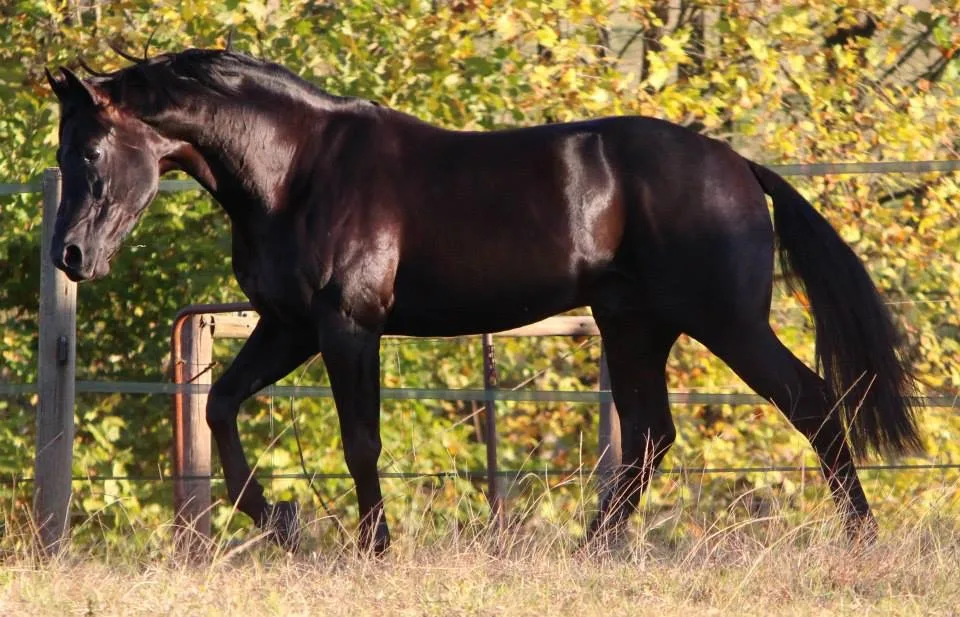
Ethical Principles in Selective Breeding
Respect for the Well-being of Animals
- Avoidance of Harmful Genetic Traits:
- Identification and Elimination: Ethical selective breeding prioritizes the identification and elimination of harmful genetic traits. Breeders must be vigilant in screening for known genetic disorders within specific breeds and avoid pairing individuals that carry these undesirable traits.
- Genetic Testing: The use of modern genetic testing technologies plays a crucial role in identifying potential genetic abnormalities. Responsible breeders incorporate these tests into their breeding programs to minimize the risk of passing on detrimental traits to offspring.
- Consideration of Health and Longevity:
- Holistic Health Approach: Ethical breeders prioritize the overall health of the horse, beyond just meeting specific breed standards. This includes considerations for sound conformation, mental well-being, and reproductive health, with the ultimate goal of producing horses that lead healthy and fulfilling lives.
- Long-Term Welfare: Breeding decisions should be made with a focus on the long-term welfare of the animals. This involves selecting for traits that contribute to the horse’s longevity and quality of life, ensuring that breeding practices contribute positively to the well-being of future generations.
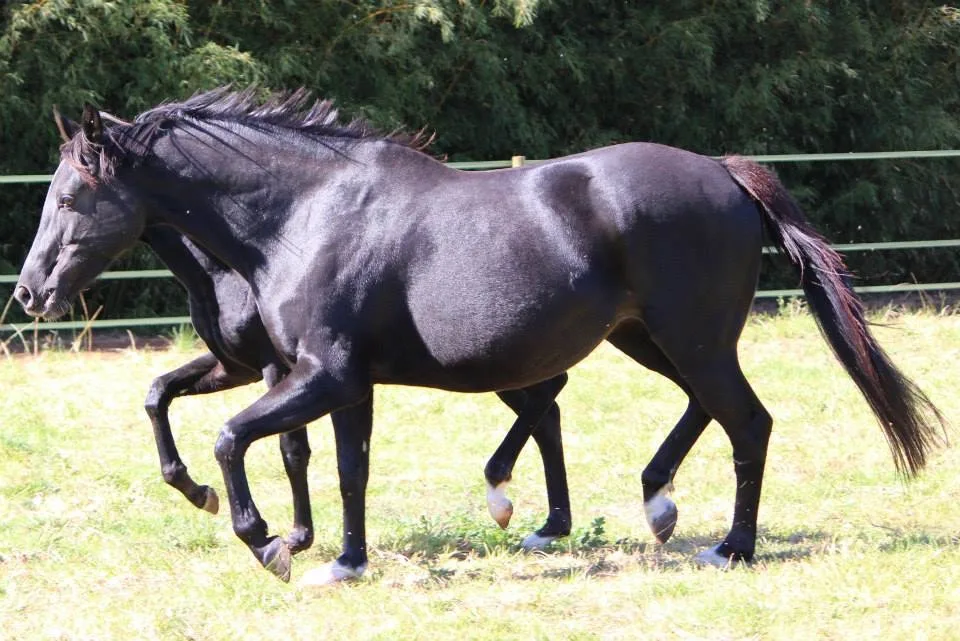
Ensuring Genetic Diversity
- Risks Associated with Inbreeding:
- Understanding Inbreeding Depression: Ethical breeders are aware of the risks associated with inbreeding depression, a phenomenon where the offspring of closely related individuals may exhibit reduced fitness and increased vulnerability to genetic disorders. Recognizing and mitigating these risks is crucial in maintaining a healthy population.
- Monitoring Coefficients of Inbreeding: Breeders use coefficients of inbreeding as tools to quantify the level of inbreeding within a pedigree. Ethical practices involve actively monitoring and managing these coefficients to avoid reaching critical levels that could compromise the genetic health of the population.
- Importance of Maintaining a Diverse Gene Pool:
- Preserving Genetic Variability: Ethical breeding programs emphasize the importance of preserving genetic variability within a population. This involves avoiding overemphasis on popular sires and preventing the loss of unique genetic contributions from less common individuals.
- Collaboration Among Breeders: Maintaining a diverse gene pool requires collaboration among breeders. Sharing genetic resources, exchanging breeding stock, and working collectively toward genetic diversity goals are essential aspects of ethical breeding practices.
In summary, ethical principles in selective breeding prioritize the well-being of animals through the avoidance of harmful genetic traits and considerations for health and longevity. Furthermore, ensuring genetic diversity involves managing the risks associated with inbreeding and actively working to maintain a diverse gene pool. By adhering to these principles, breeders contribute to the overall health, resilience, and sustainability of horse populations.
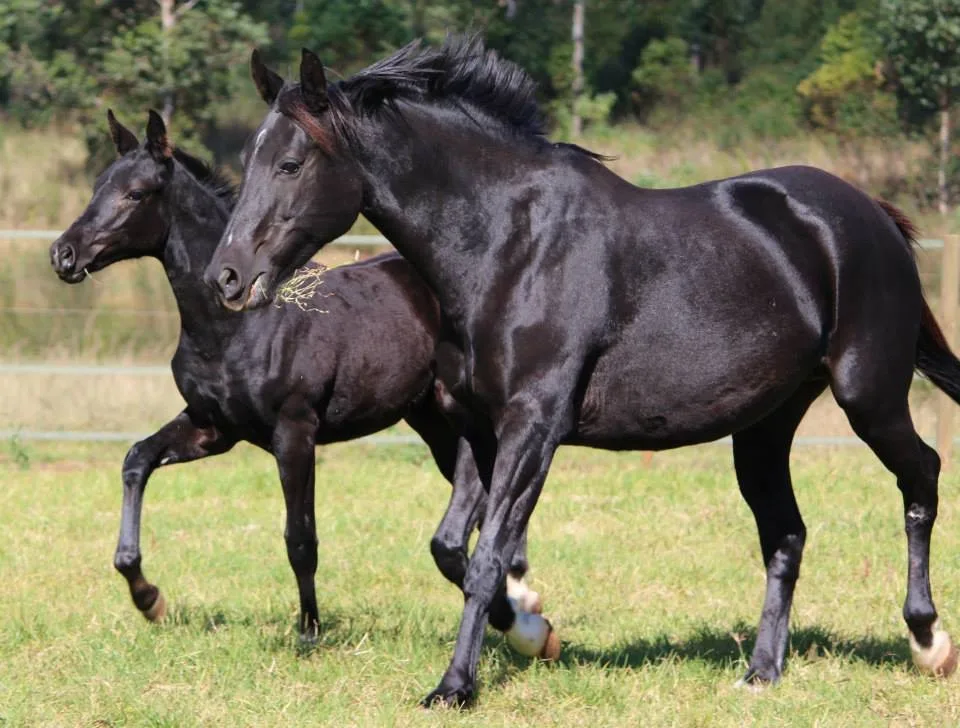
Health and Welfare Monitoring
Regular Veterinary Checks and Health Assessments
- Preventive Care: Ethical breeding practices prioritize preventive care through regular veterinary checks and health assessments. This involves scheduling routine examinations for breeding horses to identify potential health issues before they escalate.
- Reproductive Health: Breeders recognize the importance of monitoring the reproductive health of breeding horses. Regular assessments can identify fertility issues, detect infections, and ensure that the breeding process does not compromise the well-being of the mare or stallion.
- Early Disease Detection: Routine veterinary checks facilitate early detection of diseases or conditions that may impact the health of the breeding animals. Timely intervention enables breeders to address health issues before they become more challenging to manage.
Ethical Responsibility of Breeders to Address Health Issues
- Transparent Communication: Ethical breeders maintain transparent communication with potential buyers or clients regarding the health history of breeding animals. This includes disclosing any known health issues or genetic predispositions to ensure informed decision-making.
- Lifetime Commitment: Responsible breeders recognize their ethical responsibility extends beyond the point of sale. They are committed to the lifetime well-being of the horses they produce, offering support and guidance to new owners and remaining accessible for any health-related inquiries.
- Retirement Planning: Ethical breeders plan for the retirement of breeding animals, ensuring they are not discarded once their reproductive years are over. Retirement options may include rehoming, sanctuary placement, or providing a comfortable and dignified life on the breeder’s property.
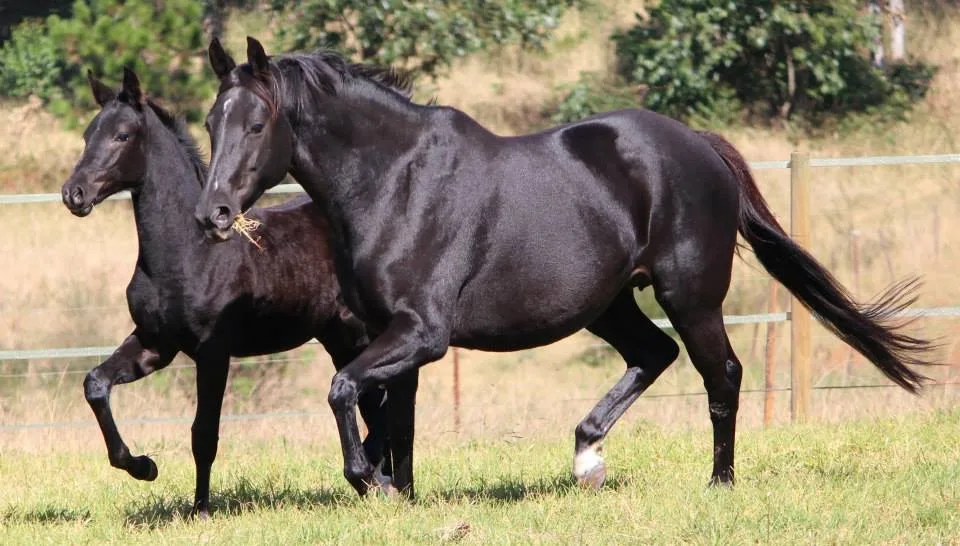
Implementation of Industry Standards for Health and Welfare
- Adherence to Regulations: Ethical breeders actively comply with existing regulations related to horse health and welfare. This includes following guidelines set by relevant equine industry organizations, government agencies, and veterinary authorities.
- Continuous Education: Breeders engage in continuous education to stay informed about evolving industry standards for health and welfare. This may involve attending workshops, conferences, and collaborating with veterinary professionals to enhance their knowledge and practices.
- Advocacy for Improved Standards: Ethical breeders participate in industry initiatives advocating for improved health and welfare standards. This involves sharing best practices, contributing to the development of guidelines, and promoting ethical principles within the broader breeding community.
By incorporating regular veterinary checks, addressing health issues responsibly, and adhering to industry standards, ethical breeders ensure the ongoing health and welfare of their breeding animals. This commitment extends to the horses’ entire lifespan, promoting a culture of responsible breeding within the equine industry.
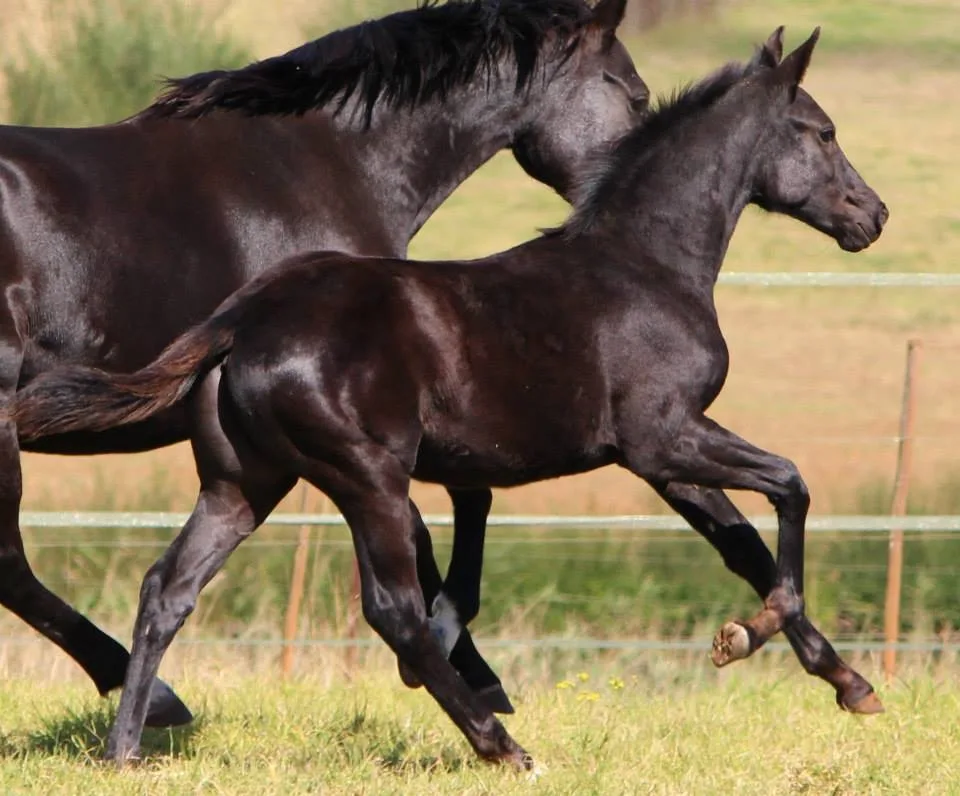
Informed Decision-Making for Breeders and Owners
Education on the Consequences of Selective Breeding
- Understanding Genetic Implications: Ethical breeders prioritize education on the genetic consequences of selective breeding. This involves providing information to breeders, potential buyers, and the broader community about how specific breeding decisions can impact the health, temperament, and longevity of the resulting offspring.
- Raising Awareness of Genetic Disorders: Breeders actively raise awareness about potential genetic disorders associated with certain breeds or bloodlines. This includes disseminating information on common hereditary conditions and advocating for responsible breeding practices to minimize the occurrence of such disorders.
- Promoting Responsible Selection: Education extends to the importance of responsible selection criteria beyond aesthetics. Ethical breeders emphasize traits that contribute to the overall well-being of the horse, promoting sound conformation, good temperament, and adaptability.
Transparency in Breeding Practices
- Open Communication with Buyers: Ethical breeders maintain open and transparent communication with potential buyers. This includes providing detailed information about the breeding practices, lineage, health history, and any known genetic considerations of the breeding animals.
- Disclosure of Breeding Goals: Breeders openly share their breeding goals and objectives, explaining the reasoning behind specific pairings and the desired outcomes. Transparency in breeding practices fosters trust between breeders and buyers, enabling informed decision-making.
- Sharing Successes and Challenges: Ethical breeders share both successes and challenges in their breeding programs. This transparency includes acknowledging instances where certain breeding goals were not met, and lessons learned from those experiences contribute to the collective knowledge within the breeding community.
Encouraging Responsible Ownership
- Providing Education to Horse Owners: Ethical breeders play a role in educating horse owners about responsible care, training, and management practices. This includes guidance on nutrition, veterinary care, and appropriate training methods to ensure the well-being of the horse throughout its life.
- Emphasizing Lifelong Commitment: Breeders advocate for responsible ownership by emphasizing the lifelong commitment involved in caring for a horse. This involves educating buyers about the financial, time, and emotional investments required to properly care for and support a horse throughout its life.
- Offering Support and Resources: Ethical breeders provide ongoing support and resources to horse owners. This may include assistance with training, access to veterinary care information, and guidance on resolving behavioral or health issues. The goal is to foster a community of responsible horse ownership.
By focusing on education, transparency, and encouraging responsible ownership, ethical breeders contribute to a more informed and conscientious equine community. In doing so, they promote the well-being of horses and cultivate a culture of responsibility within the broader horse-owning and breeding community.
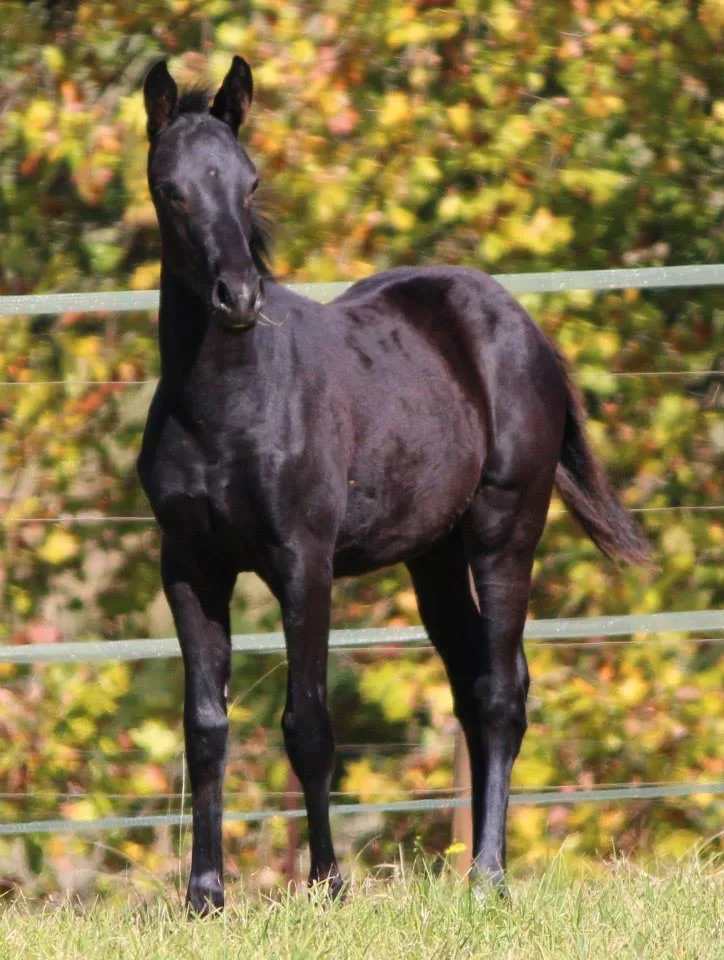
Balancing Aesthetics and Functionality
Striking a Balance Between Breed Standards and Functionality
- Understanding Breed Standards: Ethical breeders recognize the importance of breed standards as guidelines that define the ideal characteristics for a particular horse breed. These standards often outline physical attributes, temperament, and performance expectations.
- Prioritizing Functionality: While breed standards provide a framework, ethical breeders understand the necessity of prioritizing functionality. This involves considering the horse’s ability to perform tasks relevant to its intended purpose, such as athleticism for sport, strength for work, or adaptability for companionship.
- Adapting to Evolving Needs: Breeders remain adaptable to evolving needs within the equine industry. As the demands and preferences of owners and riders change, ethical breeders adjust their breeding goals to strike a harmonious balance between meeting breed standards and ensuring functional capabilities.
Ethical Considerations in Meeting Breed Standards
- Avoiding Unhealthy Practices: Ethical breeders commit to meeting breed standards through ethical means. This includes refraining from practices that may compromise the health or well-being of the horse, such as extreme selective breeding that results in exaggerated conformations or performance demands that exceed the horse’s natural abilities.
- Responsible Use of Technology: Ethical breeders leverage technology responsibly in meeting breed standards. This involves utilizing genetic testing and assisted reproductive technologies to enhance desirable traits while avoiding the unintended consequences of excessive manipulation.
- Prioritizing Long-Term Welfare: Meeting breed standards ethically means prioritizing the long-term welfare of the horse. Ethical breeders consider the impact of their decisions on the horse’s health, soundness, and overall quality of life, ensuring that breed standards are achieved without compromising the horse’s well-being.
Avoiding Extreme Traits that Compromise the Horse’s Well-being
- Recognition of Limits: Ethical breeders acknowledge that there are limits to traits that can be ethically emphasized. Extreme conformations or performance expectations that compromise the horse’s physical and mental well-being are actively avoided.
- Guarding Against Overemphasis: Breeders are vigilant in guarding against overemphasis on specific traits that may be popular in the market but can lead to detrimental health effects. This includes traits that may affect the horse’s respiratory system, musculoskeletal structure, or overall ability to thrive.
- Promoting Natural Functionality: Ethical breeders strive to promote natural functionality in horses. This involves avoiding extreme selective breeding for traits that hinder the horse’s ability to move, breathe, or behave in a manner consistent with its natural instincts.
By navigating the delicate balance between aesthetics and functionality, ethical breeders contribute to the creation of horses that not only meet breed standards but also excel in their intended roles while maintaining optimal health and well-being. This approach ensures a sustainable and ethical future for the equine industry.
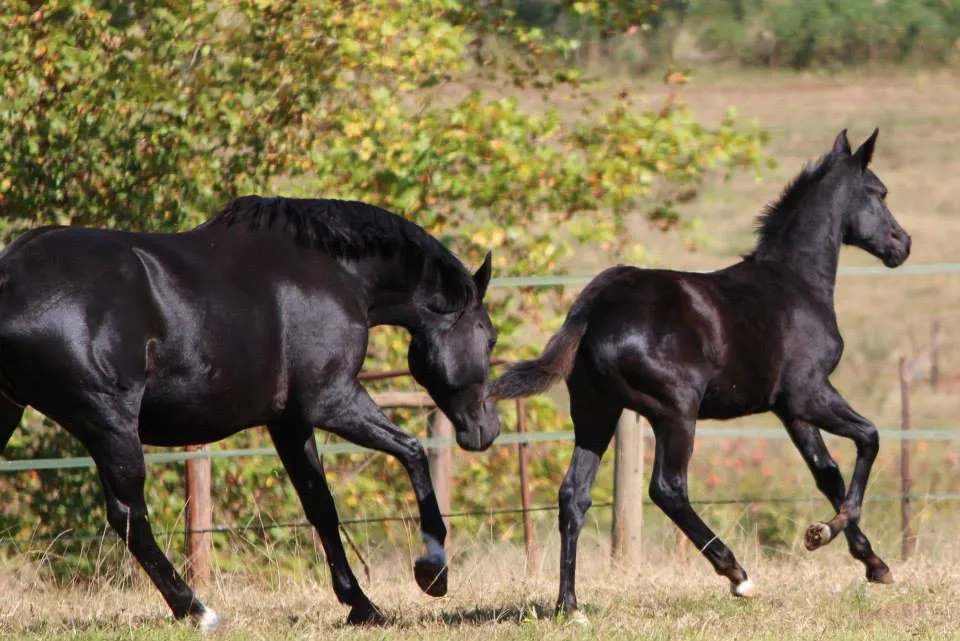
The Role of Regulations and Standards
Existing Regulations in the Horse Breeding Industry
- Government Oversight: Many countries have government bodies or agencies that oversee animal welfare and regulate aspects of the horse breeding industry. These regulations may cover areas such as transportation, living conditions, and breeding practices.
- Breed-Specific Standards: Breed registries often establish and enforce specific standards for registration. These standards may include criteria related to conformation, color, and lineage. Breeders must adhere to these standards to register their horses and participate in breed-specific competitions.
- Health and Veterinary Regulations: Regulations exist to ensure the health and well-being of horses, including requirements for vaccinations, disease prevention, and veterinary care. Ethical breeders comply with these regulations to safeguard the health of their breeding animals and offspring.
Advocacy for Stricter Ethical Standards
- Industry Associations and Organizations: Ethical breeders actively participate in industry associations and organizations that advocate for stricter ethical standards. These groups work towards developing and promoting guidelines that prioritize the welfare of horses in breeding programs.
- Educational Initiatives: Advocacy involves educational initiatives aimed at raising awareness within the breeding community about the importance of ethical practices. Ethical breeders engage in discussions, seminars, and workshops to share knowledge and promote a collective commitment to higher standards.
- Collaboration with Regulatory Bodies: Breeders collaborate with regulatory bodies to advocate for the implementation of stricter ethical standards. This collaboration may involve providing input on proposed regulations, sharing best practices, and working towards a consensus on industry guidelines.
Collaboration Between Breeders, Veterinarians, and Animal Welfare Organizations
- Joint Initiatives for Welfare: Ethical breeders actively collaborate with veterinarians and animal welfare organizations to develop joint initiatives that prioritize the welfare of horses. This includes establishing protocols for health assessments, monitoring breeding practices, and promoting responsible ownership.
- Information Sharing: Collaboration involves the sharing of information between breeders, veterinarians, and animal welfare organizations. This information exchange contributes to a collective understanding of emerging issues, best practices, and innovative solutions for maintaining and enhancing horse welfare.
- Research and Data Collection: Collaborative efforts support research and data collection on various aspects of horse breeding. This includes studies on the impact of selective breeding practices, health outcomes, and the effectiveness of welfare initiatives. The goal is to continually improve breeding standards based on empirical evidence.
By recognizing the existing regulations, advocating for stricter ethical standards, and fostering collaboration within the equine community, breeders contribute to the establishment of a framework that prioritizes the well-being of horses. This collective approach ensures that ethical considerations remain at the forefront of the horse breeding industry, promoting sustainable and humane practices.
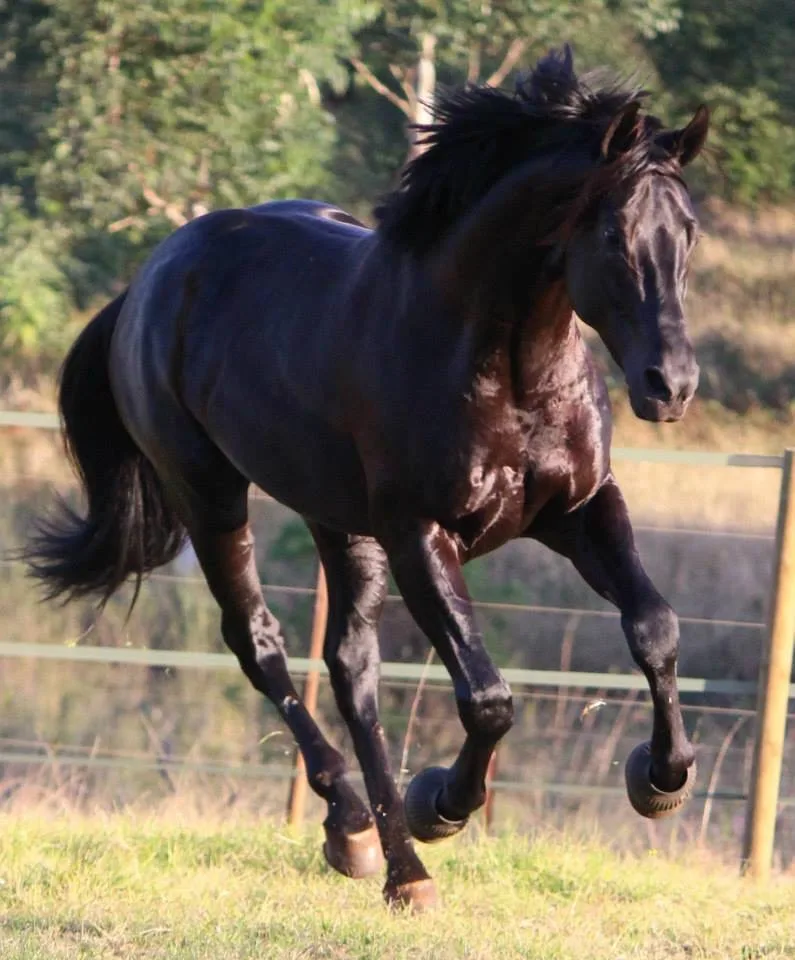
Case Studies
Examples of Successful Ethical Breeding Programs
- Rare Breeds Preservation: Ethical breeders have successfully contributed to the preservation of rare and endangered horse breeds. By carefully managing breeding programs, these breeders have prevented the extinction of certain breeds and maintained genetic diversity within their populations.
- Performance Enhancement with Health Focus: Breeders who prioritize the health and functionality of their horses have achieved success in enhancing performance. For example, breeding programs that focus on sound conformation and mental well-being have produced horses that excel in various disciplines while maintaining robust overall health.
- Community-Driven Initiatives: Some breeding programs actively involve the community and stakeholders, fostering a sense of shared responsibility. These programs engage in transparent communication, educate the community on responsible ownership, and contribute to the overall welfare of horses beyond the breeding farm.
Instances Highlighting the Consequences of Unethical Breeding Practices
- Genetic Disorders and Health Issues: Cases abound where unethical breeding practices, such as excessive inbreeding or prioritizing extreme traits, have led to the propagation of genetic disorders and health issues within certain horse breeds. These issues often result in compromised well-being, reduced performance, and increased veterinary care needs.
- Behavioral Challenges: Breeding for specific traits without considering temperament and behavior can lead to horses with challenging behavioral issues. Instances of aggression, anxiety, or other behavioral problems may arise from breeding practices that neglect the importance of a horse’s mental well-being.
- Overproduction and Neglect: Unethical breeding practices that prioritize quantity over quality can lead to overproduction. This, in turn, may contribute to situations where horses are neglected, abandoned, or face welfare challenges due to inadequate resources and care.
Lessons Learned from Past Experiences
- The Importance of Genetic Diversity: Historical cases emphasize the importance of maintaining genetic diversity to prevent the negative consequences of inbreeding. Breeders have learned that prioritizing genetic diversity helps create robust and resilient populations less susceptible to genetic disorders.
- Balancing Aesthetics and Functionality: Past experiences highlight the need to strike a balance between meeting breed standards and ensuring the functional capabilities of horses. Breeding for extreme conformations or performance traits without consideration for functionality can lead to long-term health issues.
- Community Involvement and Education: Successful breeding programs often involve active community engagement and education. Lessons learned include the necessity of transparent communication, responsible ownership education, and collaboration with stakeholders to create a supportive environment for ethical breeding practices.
Case studies provide valuable insights into both the successes and challenges of horse breeding. By examining these examples, breeders, veterinarians, and the equine community can learn from past experiences, make informed decisions, and continuously work towards improving ethical breeding practices for the benefit of horses and the industry as a whole.
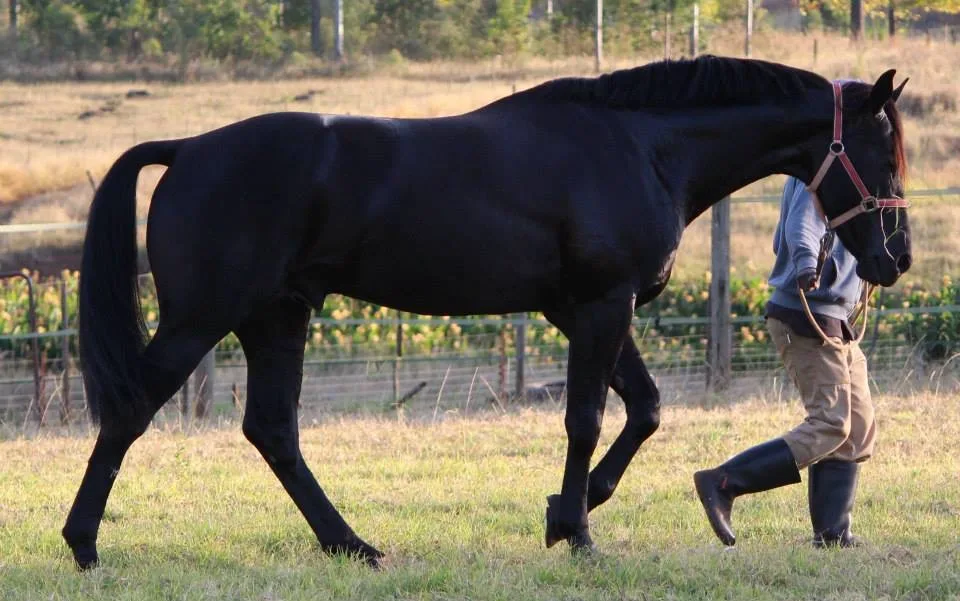
Conclusion
Recap of Ethical Considerations in Selective Breeding
- Health and Well-being: Throughout this exploration, we have emphasized the paramount importance of prioritizing the health and well-being of horses in selective breeding practices. Ethical considerations involve avoiding harmful genetic traits, ensuring longevity, and maintaining a focus on the overall welfare of the animals.
- Genetic Diversity: We’ve underscored the critical role of genetic diversity in preventing the negative consequences of inbreeding. Maintaining a diverse gene pool is vital for the long-term health and resilience of horse populations.
- Balancing Aesthetics and Functionality: Striking a balance between meeting breed standards and ensuring functional capabilities has been a recurring theme. Ethical breeding requires a thoughtful approach that goes beyond aesthetics, prioritizing the horse’s ability to thrive in its intended roles.
The Importance of Responsible Breeding for the Welfare of Horses
- Lifetime Impact: Responsible breeding is not merely a short-term endeavor but a commitment that spans the lifetime of a horse. Ethical breeders understand that the decisions made in the breeding process profoundly impact the health, behavior, and overall quality of life of each individual horse.
- Preservation of Heritage and Traits: Through responsible breeding, we ensure the preservation of heritage and unique traits associated with different horse breeds. This contributes to the cultural and historical significance of these animals while promoting their adaptability and suitability for various purposes.
- Community and Industry Integrity: Ethical breeding practices contribute to the integrity of the equine community and the horse industry as a whole. They foster trust among breeders, buyers, veterinarians, and other stakeholders, creating an environment where ethical considerations are valued and upheld.
Call to Action for Industry Stakeholders to Prioritize Ethical Practices
- Collaborative Efforts: We urge industry stakeholders, including breeders, veterinarians, regulatory bodies, and animal welfare organizations, to engage in collaborative efforts. By working together, we can develop and promote guidelines that prioritize the well-being of horses and establish standards that reflect the best interests of the animals.
- Continuous Education: The equine community should prioritize continuous education on ethical breeding practices. This involves staying informed about emerging research, technological advancements, and evolving industry standards to ensure that breeding practices align with the highest ethical principles.
- Advocacy for Stricter Standards: We encourage individuals and organizations to advocate for stricter ethical standards within the horse breeding industry. This includes supporting initiatives that emphasize responsible breeding, genetic health, and the prevention of unethical practices that compromise the welfare of horses.
In conclusion, ethical considerations in selective breeding are essential for the sustained health, well-being, and integrity of horse populations. Responsible breeding practices not only contribute to individual horse welfare but also shape the future of the equine industry. As stewards of these magnificent animals, industry stakeholders are called upon to prioritize ethical practices, fostering a culture of compassion, responsibility, and sustainability within the horse breeding community.
FAQs
Further reading
Responsible Horse Breeding Equine Wellness Magazine
The ethics of breeding must be considered. Stallion owners need to be highly selective with the mares in order to maintain quality and pricing.
Responsible Horse Breeding
American Quarter Horse Association
Horse breeding comes with responsibility. These tips can help you determine whether or not you should breed your mare.
What are your thoughts about horse breeding – what can we do to make sure we breed ethically?

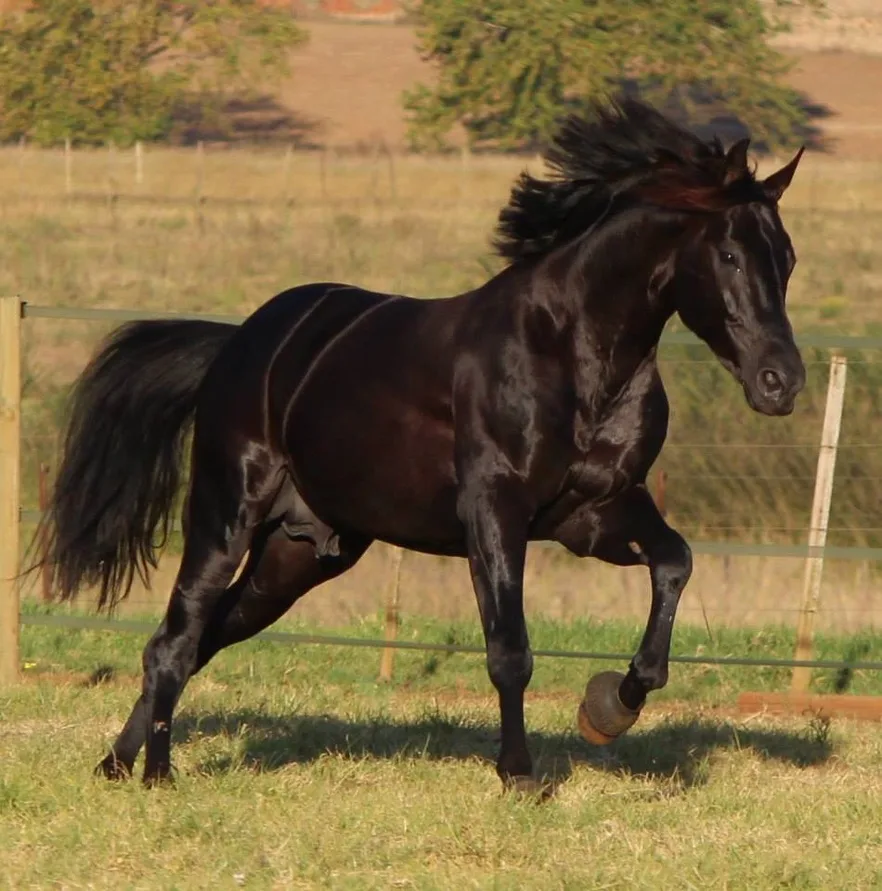

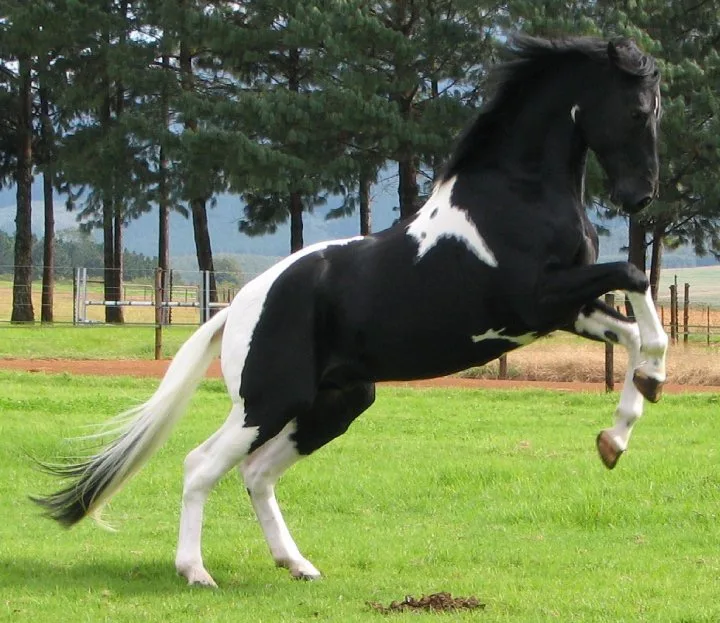
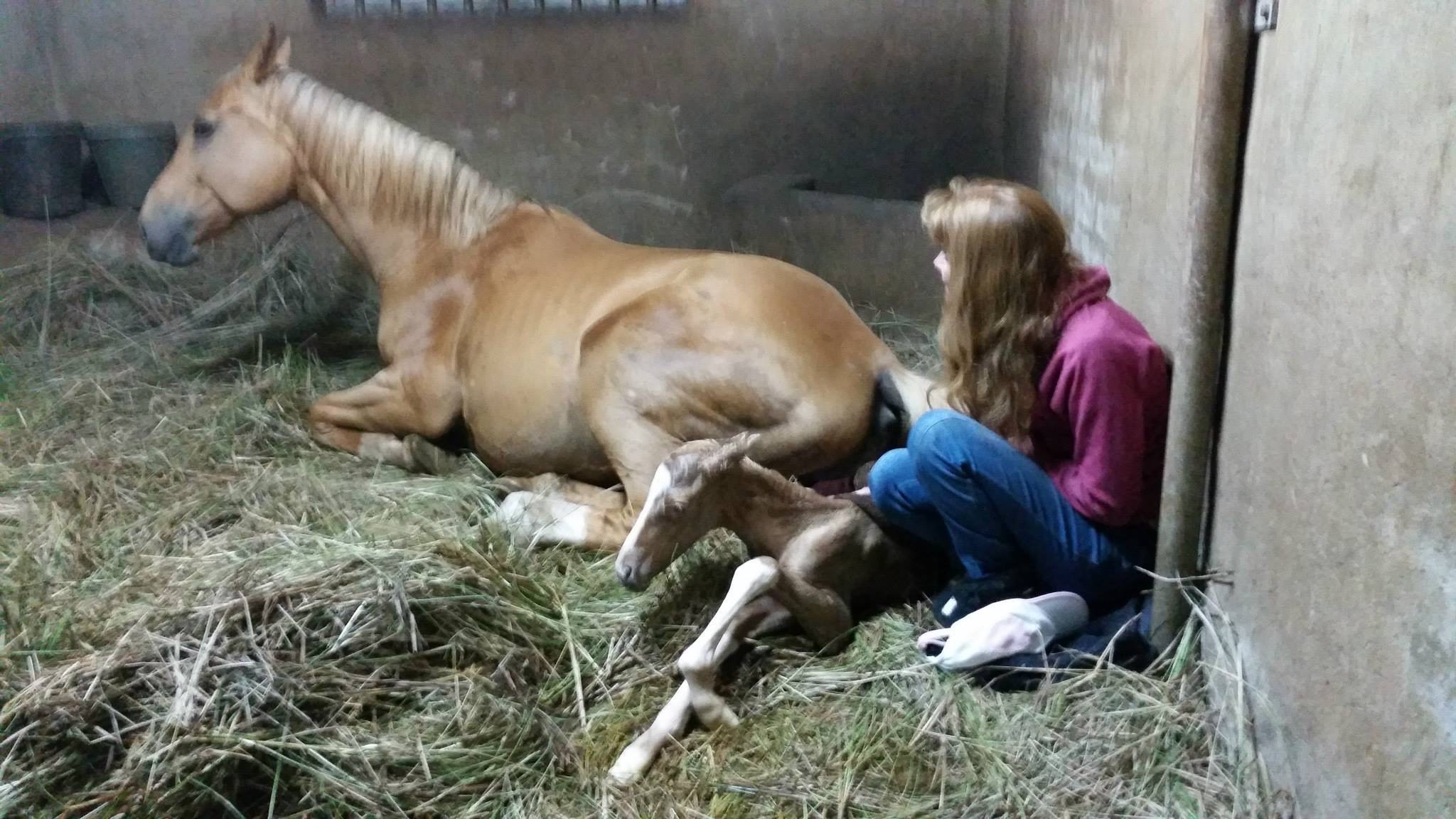
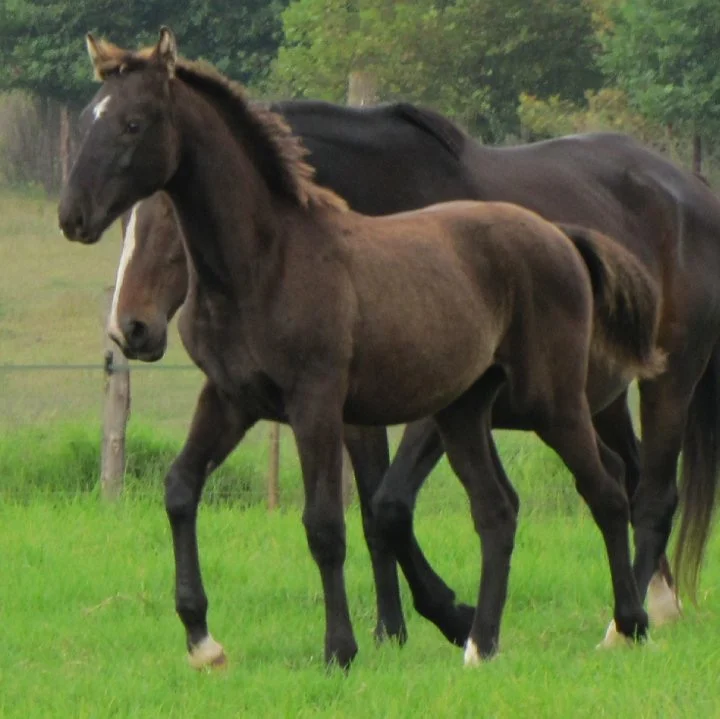
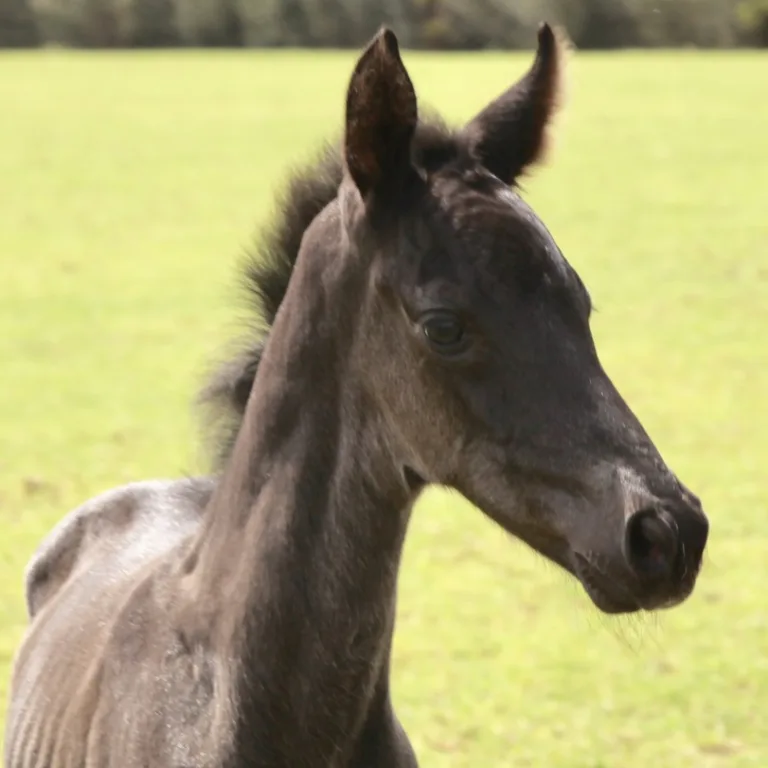
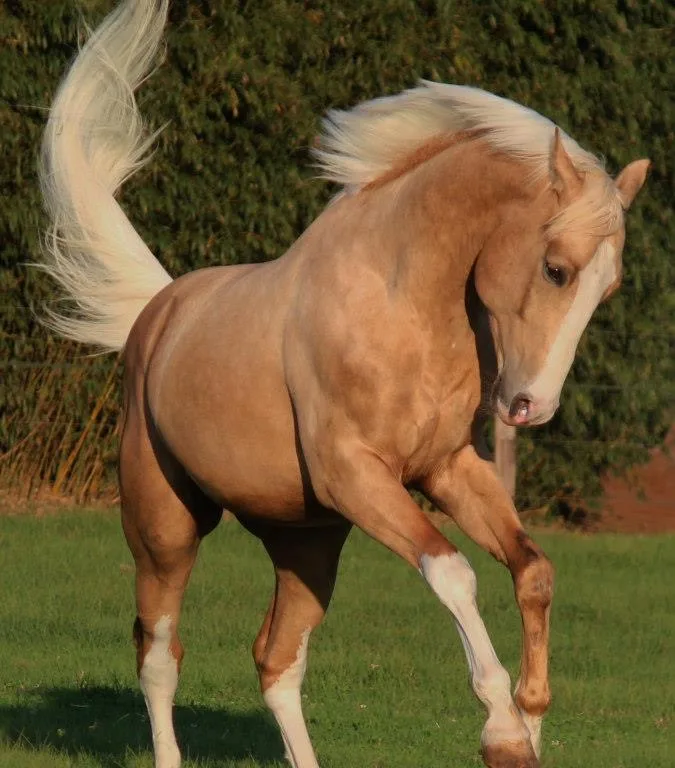
Leave a Reply